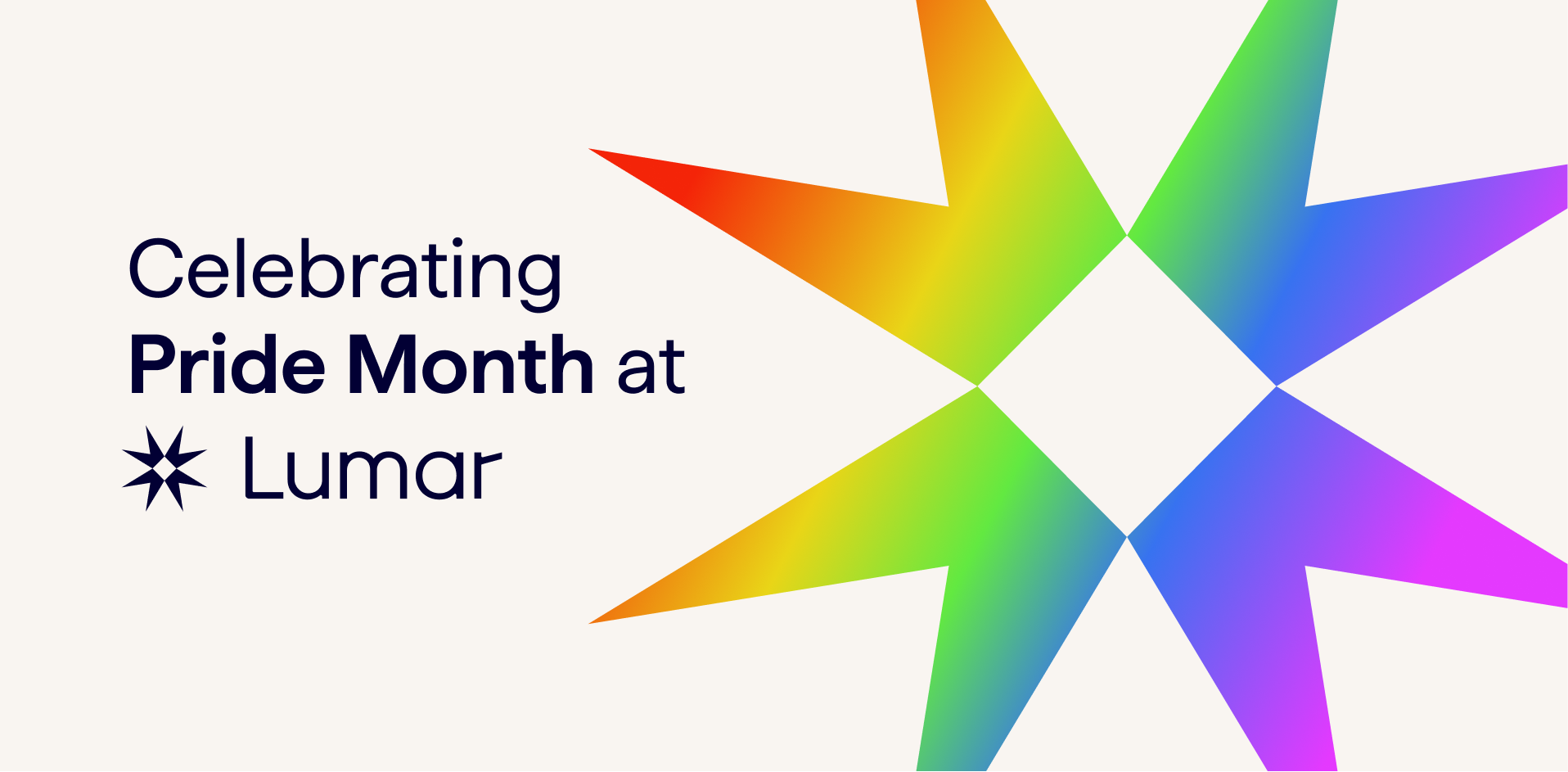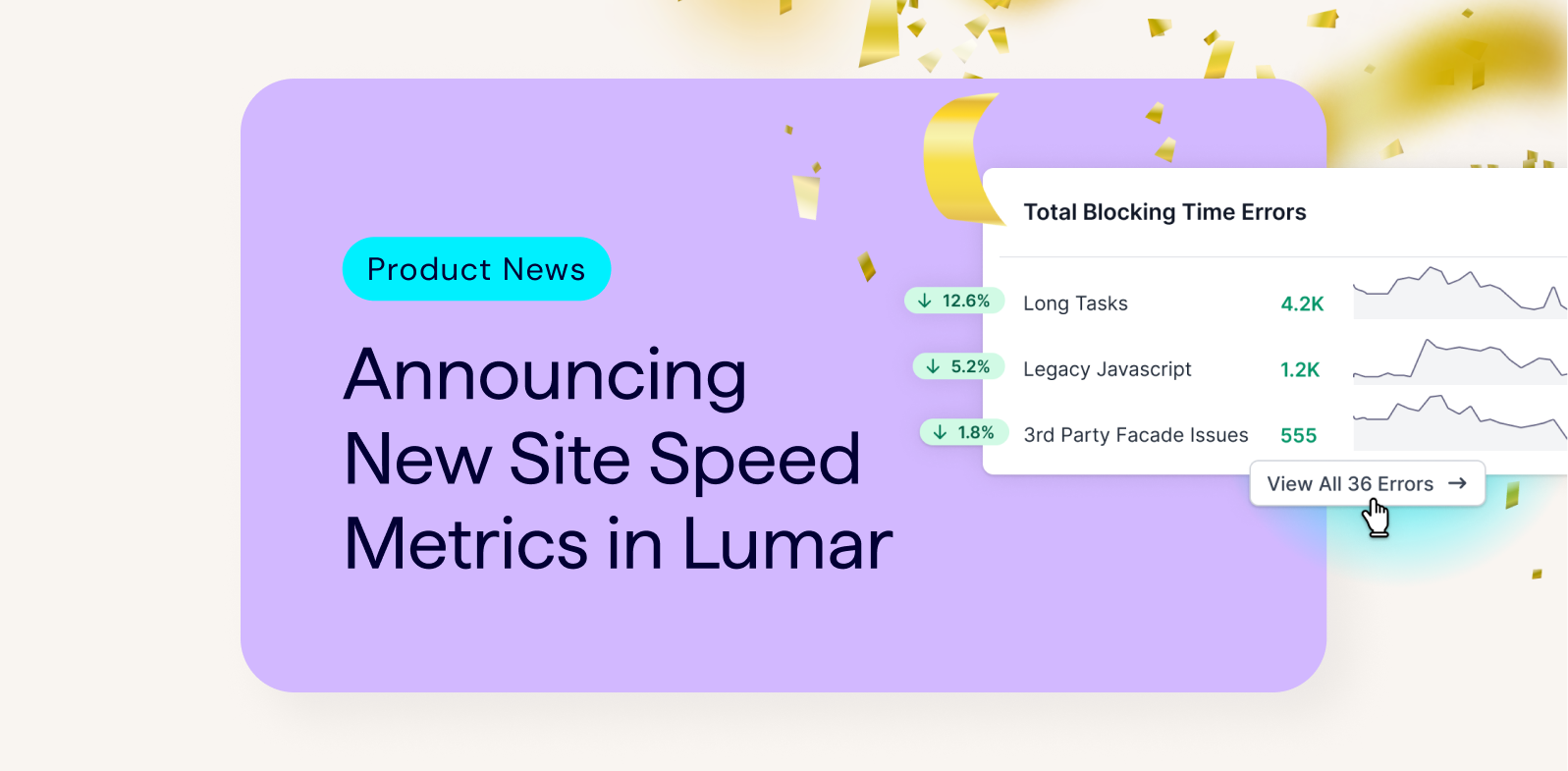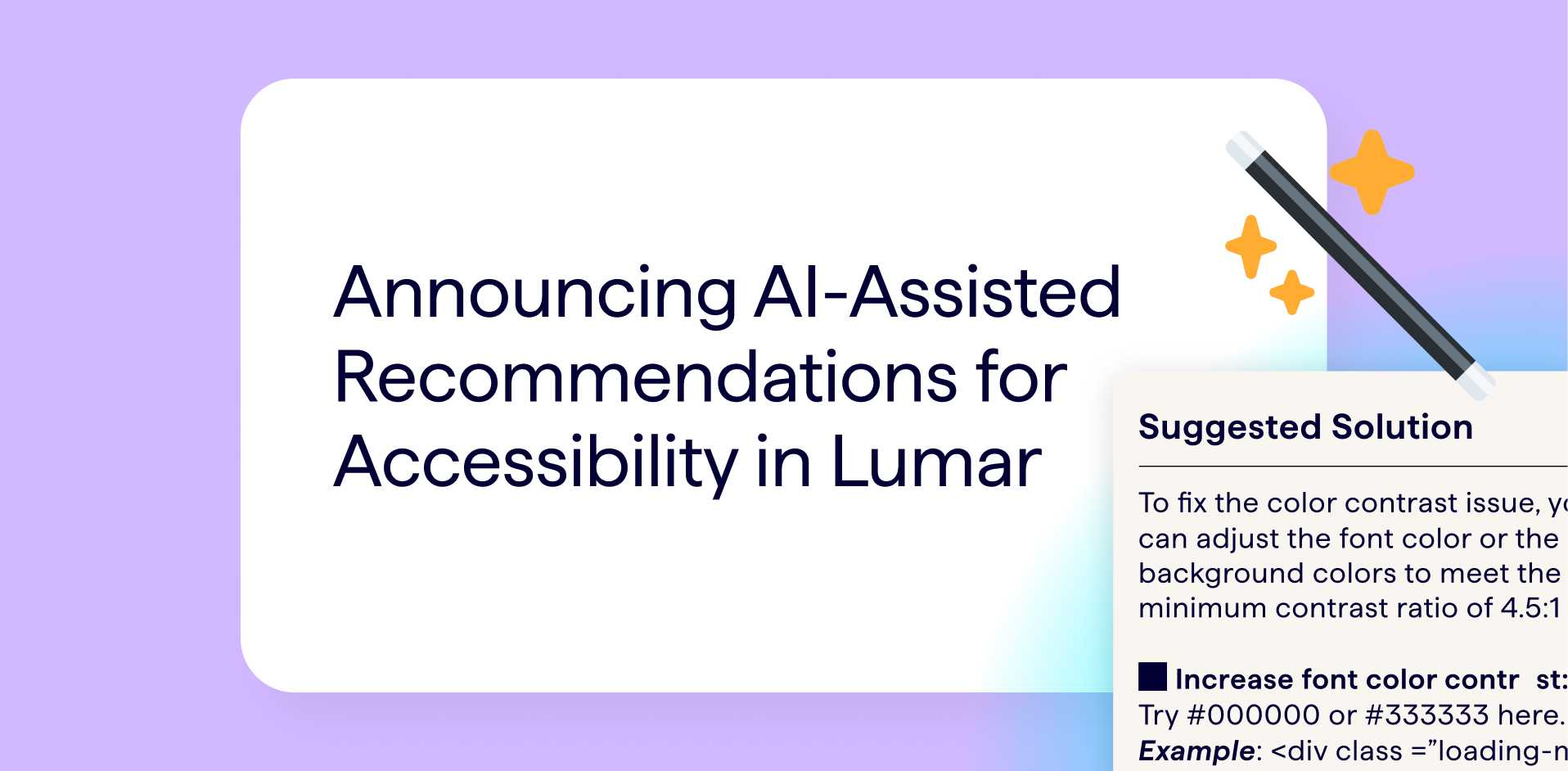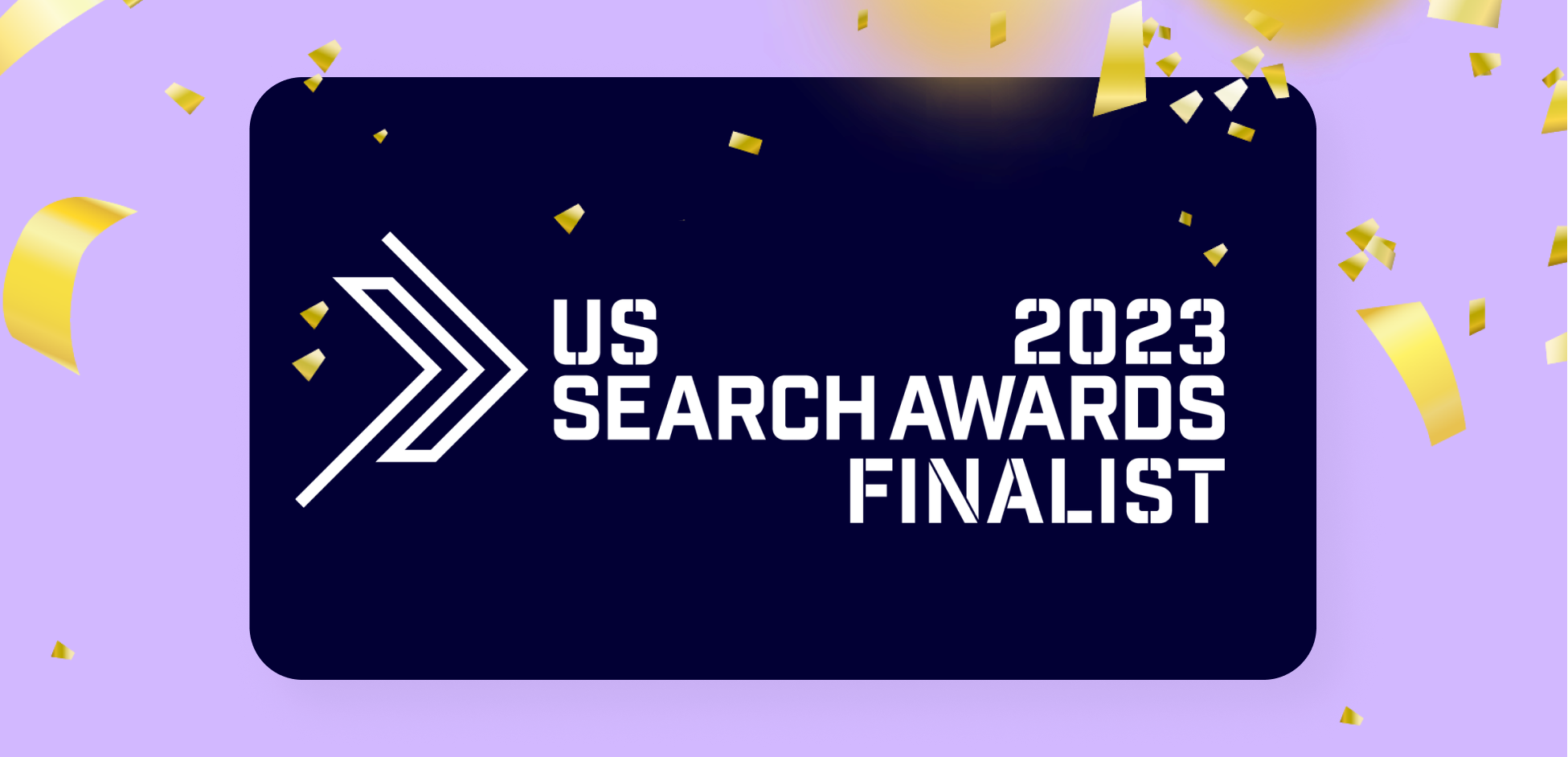Celebrating Pride Month at Lumar: Sharing stories and lived experiences
To celebrate Pride Month, we speak to people from across Lumar (formerly Deepcrawl) every year to find out what Pride means to them, get their take on how people in the LGBTQ+ community can truly bring their authentic selves to work, and find out what the tech industry can do to become a more inclusive place.
Today, we wanted to share some of their insights and shared wisdom with you too. What follows are some of their powerful responses. In this blog you’ll hear from current Luminaries and former Deepcrawlers (before we renamed to Lumar):
- Andrew Levey: Head of Product Marketing
- Craig Dunham: CEO
- LC: Delivery Lead
- Ashley Berman Hale: former VP Professional Services
- Alexander Tyson March: former Business Development Representative
- Carlos Solis: former Finance Manager
On a personal note, I was humbled and honored to have these meaningful conversations with my fellow Lumarians. They are all incredibly unique and insightful. We hope you enjoy reading their stories and insights, and Happy Pride Month from everyone at Lumar.
Andrew Levey, Head of Product Marketing

Could you tell us a little bit about yourself, Andrew?
Sure. I live in London with my partner of 20 years, and enjoy traveling, reading and great TV and cinema. I’ve also been singing with the London Gay Men’s Chorus for the last 10 years, which has allowed me to perform in not just London, but also New York, Chicago, Prague, Amsterdam, Florence and Bologna. Although I pretty much knew I was gay when I was 14, it took me 10 years to finally accept it and come out to friends and family. Back then it was still legal to sack someone just for being gay, so I didn’t come out at work until a few years later.
Why is pride month important to you?
For me, Pride month is important to celebrate the LGBTQ+ community, and promote acceptance, equality and understanding of issues affecting the LGBTQ+ community. While many great steps forward toward equality have been made in the last 60 or years here in the UK, there is still a lot to be done before ALL of our community can live their lives free from discrimination. So much of what’s said about the LGBTQ+ community comes from rhetoric and fear, so Pride month is an opportunity to show people who we are, what we stand for, and celebrate the amazing talents and personalities in the LGBT+ community. And that’s never been more important as members of our community are still oppressed, or even blatantly under attack, around the world. It’s disheartening that there are still more than 60 countries with anti LGBTQ+ laws (and 11 where being gay is punishable by death!). And it’s possibly more disheartening that the Human Rights Campaign has declared a state of emergency for LGBTQ+ people in the United States due to a wave of discriminatory legislation specifically targeting our community. Society should be moving forward, not back. Pride month is an opportunity to educate people, to change hearts and minds, and celebrate who we are.
What piece of advice would you give someone who identifies as part of the LGBTQ+ community and is struggling with being true to themselves at work?
I think the most important thing first is to look at the place you work, and what protections are in place where you live. I can honestly say that being out at work has been a benefit to me. Before, I felt I had to censor how I would talk about my life, and stayed closed off from colleagues. I was also constantly worried about what would happen if someone found out, causing a huge amount of stress and anxiety. Now I don’t need to worry about all of that so I can get on with my job and build stronger relationships with colleagues, many of whom I now consider friends.
But, everyone’s situation is different and, just like outside of work, you need to be confident and comfortable to be able to come out at work. So take your time with it. Check that your company has suitable Diversity, Equity and Inclusion (DEI) policies in place, and potentially speak to someone in HR about a friend or family member who is thinking about coming out at their company to get an idea of how your own company would handle it. You could also come out to a couple of trusted colleagues first, so you know you’ll have support. They can even then help you test the water by bringing up some LGBTQ+ topics with broader colleagues to see if any reactions give a red flag. Essentially though, your company should be there to support you. If you can’t be comfortable being yourself at work, then it’s probably time to move to a company where you can.
How do you think the tech industry can become a more inclusive place for LGBTQ+ communities?
I’d say the main areas are proving to LGBTQ+ people that they are welcomed at their organization, and that any intolerance towards LGBTQ+ people—or indeed any other group—will not be accepted. This can be shown by having bullying and harassment, and DEI policies that specifically call out sexual orientation and gender identity, and making sure that they are enforced if an issue should arise. Companies should also look at their parental leave policy to make sure it’s inclusive of different family structures, and have policies and medical coverage that support trans people. Companies should also have properly supported Employee Resource Groups (ERGs), so people have a safe space to talk and address issues with people from their community. Having—and publicizing—these elements will show to LGBTQ+ people that the company is a welcoming place for LGBTQ+ people.
But companies can go further to drive change in other industries and other countries. For example, companies can support local LGBTQ+ groups (either financially or by giving employees set days to volunteer) and consider their suppliers’ efforts on LGBTQ+ inclusion as part of their procurement process. They can even work collectively with other companies to apply pressure to local or national governments to make sure LGBTQ+ equality remains high on the agenda.
There are a lot of things companies can do, but don’t just change your logo to a rainbow color! LGBTQ+ people will see through that right away. Even if a company does one thing more, that’s a good step forward.
<Andrew’s story was added to this post in 2023>
Craig Dunham, CEO
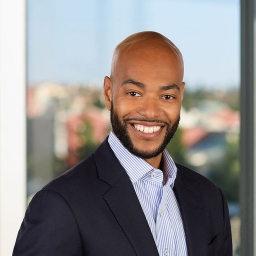
Q: Could you tell us a little bit about yourself, Craig?
As CEO, I lead operations and strategy for the Lumar business. I have a particular focus on the commercial side of things but help with overall alignment across the entire organization.
I have a background in SaaS software, having worked at several other successful startups. I have a diverse set of leadership experiences across sales, marketing, customer success, product, and engineering. And I care deeply about diversity as a strategy for greater organizational success.
Q: Why is pride month important to you?
I cannot say that I grew up as an ally to the LGTBQ+ community in the same way that I am now. As I’ve matured, learned, and grown, I’ve been able to recognize my own privilege and the level of inclusion afforded to me as a cis-male.
With that said, as a black male, I can empathize with the struggles of being in the minority and the additional challenges that arise as a result. Pride month is a great way to bring forward thoughtful, powerful stories and voices of LGBTQ+ culture and uplift and recognize how amazing it is to who you are – to love who you want. Pride month is a single period of time where it is spotlighted, but I hope we can continue to uplift all year around.
Q: What piece of advice would you give someone who identifies as part of the LGBTQ+ community and is struggling with being true to themselves at work?
It’s often easy for the majority to tell someone in the minority to just “be yourself” – oftentimes those folks giving that advice do not understand the potential anxiety, fear, and other challenges that may arise with that.
I think the advice is to continue to put pressure on organizations and the government. It’s not on folks in LGBTQ+ communities. The change needs to happen at the societal / system level. My advice is to stay relentless and persist. To put yourselves in situations where you feel comfortable just being yourself. If you don’t, then re-evaluate and move somewhere that values you and values all of you. Don’t settle.
Q: How do you think the tech industry can become a more inclusive place for LGBTQ+ communities?
Create space for active dialogues to learn and understand the experiences of others who may live a different life than your own. Ask questions and really listen to the responses. Much of change starts with an empathetic ear.
Secondly, drive change with specific initiatives and programs designed to build trust. Examine recruitment and retention processes, employee policies and programs, marketing events, literature, content, your website – all of the things which may be unintentionally discriminatory or might feel exclusionary for a person who identifies as LGBTQ+ and scrutinize it through a different lens.
<Craig’s story was added to this post in 2023>
LC, Delivery Lead
Q: Could you tell us a little bit about yourself?
I came out to my friends and family when I was 25 years old. However, it took me quite some time before that to be able to come out to myself first and accept who I am. At first, I wasn’t even able to say out loud that I was gay.
I was brought up in a very conservative family and I was truly horrified by the possible reactions people could have if I told them. I kept playing the worst-case scenarios over and over in my head where I’d be left alone in the world.
Luckily for me, the reality was far from that. I started off by telling two of my more open-minded friends who I thought to be very low-risk of having a bad reaction to it. After that, I proceeded to tell my closest friends and eventually my family. Everyone’s reaction was to support me and say that nothing would ever change in how they loved me. If anything I feel like they love me even more now!
The weight lifted off my shoulders was indescribable. I feel like I don’t need to hide who I am to anyone anymore and can truly be myself, which enables me to live a much happier and more fulfilled life.
Q: Why is pride month important to you?
Pride month to me means knowing that I was never going to be alone, to begin with. It means celebrating who you are and spreading happiness and love. It means understanding that being LGBTQ+ is not a ‘preference’ or a ‘choice’. It means recognizing the enormous fight for equality that has been going on for decades that has empowered me to be who I am today. It means understanding that that fight is far from over until everyone is treated with respect.
Q: What piece of advice would you give someone who identifies as part of the LGBTQ+ community and is struggling with being true to themselves at work?
LGBTQ+ people are not out at work in the UK today according to a 2018 Stonewall report. When you are hiding who you are, social interactions at work can become a source of anxiety.
Creating a culture where people are empowered to bring their whole self to work means better relationships, idea sharing, innovation, and workplace happiness.
If you are worried about coming out at work, start off by remembering that you are protected legally under the Equality Act of 2010. The first step to being your authentic self is to have an open conversation about it, then people will take a lead off of you. Own who you are. Surround yourself with people with who you can be yourself. Be brave.
Everyone’s situation is different, but always remember that you are not alone. And I’m here to have a private conversation with anyone who needs support in coming out. By coming together, we can create a world where everyone can be proud of who they are and celebrate their identity and uniqueness.
Q: How do you think the tech industry can become a more inclusive place for LGBTQ+ communities?
I’d say it’s not just about LGBTQ+ inclusion in isolation. It has to be from an intersectional perspective. It’s all about being consciously inclusive.
As a gay man, I’m aware that lesbian women, bisexual people, and trans people face different forms of discrimination. But we also need to think about diversity equality and inclusion holistically across gender, disability, race, neurodiversity, LGBTQ+, and age.
Specifically speaking from an LGBTQ+ perspective I believe the tech industry can start off by:
- Having policies that explicitly protect LGBTQ+ people and other communities through anti-bullying and anti-discrimination policies.
- Collecting data on the diversity of their candidates and applications to identify bias in the recruitment process.
- Supporting transgender people through inclusive medical coverage and transitioning at work policies;
- Partnering with LGBTQ+ community groups and NGOs.
<LC’s story was added to this post in 2022>
Ashley Berman Hale, former VP Professional Services
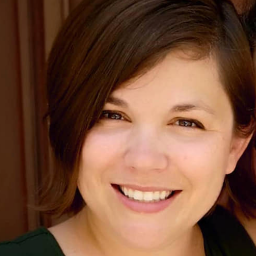
Q: Could you tell us a little bit about yourself, Ashley?
I’m in my late 30s and have a taste in humor that rivals most 15-year-olds. I live in Colorado with my partner and 2 kids plus a gaggle of creatures. I’ve been working in tech most of my life so I keep things interesting with hobbies and bad habits. I play roller derby, like to travel, but like to pet people’s dogs even more.
Q: Why is pride month important to you?
There are a few different reasons that PRIDE is important to me.
- Those who identify as LGBTQ+ are very likely to encounter difficulties that our cisgender straight friends do not have to. For that reason alone, we need to make space for conversations and for others.
- I’ve always fallen on and identify as part of the queer spectrum in how I view and explore gender and my own sexual preferences. I still identify as queer even though I am married to a cishet man – having the community helps me to feel validated and welcome.
- Every community is different, but I’ve experienced a lot of love and acceptance from friends and folx in my life who are LGBTQ+. PRIDE month gives us the space to focus, talk, and dream together.
- I play a sport that is generally trans-inclusive which means I get to play alongside and against people that aren’t allowed to be a part of other competitive sports. These are amazing athletes and friends who teach me on and off the field – showing up for PRIDE means showing up for them.
- And finally, my eldest kid is gender fluid (meaning they sometimes identify as she/her, sometimes as he/him, and sometimes as they/them – their identity is fluid). It’s been a wild journey as a mama that has been made easier for both of us by having access to PRIDE organizations and individuals that offer education, love, and support. This child was teaching me about the complexities and wonder of exploring gender identities when they were in the 4th grade. PRIDE is a month when I get to focus on them, go all out on education & activities, attend rallies, and just speak proudly and openly about gender and sexual identity in a positive and proud way.
Q: What piece of advice would you give someone who identifies as part of the LGBTQ+ community and is struggling with being true to themselves at work?
Security needs to come first. As much as I want workplaces to be open and accepting, that’s not always the case.
That said, there are usually compassionate people to be found everywhere – so start where you feel the most comfortable. In larger orgs, look for or start employee resource groups. And if your position and safety allows, speak up.
Just using the right words to talk about things or even having personal meetings on your calendar can be a good way to make others have conversations themselves.
For example, I label my therapy appointments as “therapy”. Other people on my team do as well now and it creates an unspoken but powerful understanding that we’re all human and that as a team we prioritize mental health.
Similarly, I can add time for my PRIDE events on my calendar and it can spark really incredible and meaningful connections with coworkers I may not have otherwise had. If there’s room for it, I prefer to bring my whole self to work and have friendships and conversations that are about me as a whole person – but you need to do what is best and safest for you.
Q: How do you think the tech industry can become a more inclusive place for LGBTQ+ communities?
Talking about stigmatized topics/people dulls the sharp edges. Ask sincere questions of people, recognize challenges and unique difficulties, MAKE ROOM for LGTBQ+ discussions and people to exist how they are and how they want to be within y/our space. Data is a great place to start, but if we want to be inclusive we need to take action – often that is just elevating the voices and ideas of others. Don’t let non-LGTBQ+ become the spokesperson to how we’re becoming more inclusive, don’t use data and nice platitudes without concrete action.
<Ashley’s story was added to this post in 2021>
Alexander Tyson March, former Business Development Representative
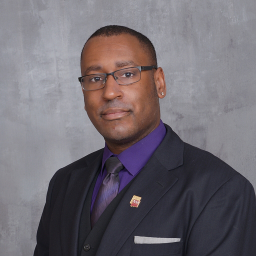
Q: Could you tell us a little bit about yourself, Alexander?
I always hate the about me sections, I never know what to say! I am an out and proud homosexual that identifies by he/him pronouns. I spend most of my off time cooking, reading, and socializing with friends.
Q: Why is pride month important to you?
As a child raised in a religious household my life was much different than it is today. I knew from an early age that I did not identify with the hetronormative preachings of the Church which often made me feel like an outcast.
My mother’s, sweet but misguided, attempts to connect me with children my age further highlighted my awkwardness with myself causing me to take on personas to avoid bullying and further ostracization. I often told myself that this phase would pass because it was God’s will to give my mother grandbabies. It was only after a very traumatic forced outing that I was finally honest with myself shattering the false narrative I used as a security blanket.
We have far too many stories of unaccepting families so I’ll save you some time on that front.
My lifeline came in the form of a close friend at work by the name of Selina. She was my first LGBTQ+ ally, often dragging me out of my comfort zone allowing me to experience something new. She dragged me kicking and screaming to my very first pride on a hot summer day in Albuquerque…the summers are brutal!
I remember feeling the waves of emotion and joy seeing so many people celebrating what I had felt ashamed of. The music, the laughter, the love was almost deafening at times. I felt connected to a world of beauty I knew nothing about in a way that transcended my 18-year-old knowledge.
I knew that my life had some meaning I had been missing out on and I refused to continue to be ashamed. Since that day I have never missed a Pride and make it a mission to help others experience that joy.
Q: What piece of advice would you give someone who identifies as part of the LGBTQ+ community and is struggling with being true to themselves at work?
While I would love to say all companies are as open and inclusive as mine, it is understandable to be worried about being your true self. If you are fearful of workplace issues in regards to LGBTQ+ rights, start off by reaching out to your manager, or HR. Chances are your company might be more forward-thinking than previously thought and would love the opportunity to create an inclusive workplace.
If they are, I’m gonna say it, backward thinking, reach out to your local Equal Employment Opportunity Commission (EEOC) stating your claims of discriminatory actions. If you have to go the EEOC route make sure you have documented all issues including your contact with HR, it will help! I know that sounds like a lot of work, but sometimes we have to fight for our rights!
Life can be tough sometimes but remember it does not have to stay that way. If you are struggling with your LGBTQ+ identity, reach out to someone in your community as you are not alone.
Q: How do you think the tech industry can become a more inclusive place for LGBTQ+ communities?
This is definitely a tricky question. I personally hate it when I see companies change their logos for Pride season while furthering anti-LGBTQ+ agendas…I have a whole rant on this…again will save you time.
Tech companies can put their money where their mouth is and commit to LGBTQ+ community outreach. I fully expect a company that has a rainbow logo for Pride to participate year-round in the community not just for the dollars but to really help. Companies that reach out to the community show LGBTQ+ employees that they really care about them.
<Alexander’ story was added to this post in 2021>
Carlos Solis, former Finance Manager
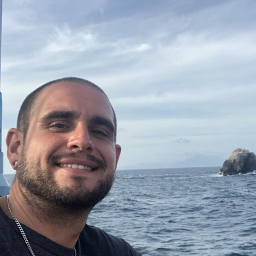
Q: Could you tell us a little bit about yourself, Carlos?
I started working at Deepcrawl a year ago and it has been a very busy year. Before Deepcrawl I used to work for the Media/Production industry. I enjoy music, contemporary art, and traveling.
Q: Why is pride month important to you?
Pride month is a very important time for the LGBTQ+ community. Since the Stonewall riots back in June 1969, it marked the beginning of a new era. Personally, I have been involved in different activities within the community. There are quite a few charities in London that are always in need of support. I think Pride month is a good excuse to try and get involved!
Q: What piece of advice would you give someone who identifies as part of the LGBTQ+ community and is struggling with being true to themselves at work?
Even though we are in 2021 it’s not always easy to be yourself at work. People should start to care less about their sexual identity/orientation and focus more on skills and production.
There are still many prejudices and stereotypes. It was only a year ago when the US ruled that the Civil Rights Act of 1964 prospects employees from discrimination based on sexual orientation or gender identity. Many other countries still have a lot of work to do on this subject.
For someone struggling, I think that the best way out is to be yourself and flag any issues with your HR department.
Q: How do you think the tech industry can become a more inclusive place for LGBTQ+ communities?
The problem with the tech industry is that it’s not as diverse as it should be. This is a problem that the industry is still struggling with.
Diversity and inclusion groups, as we have in Deepcrawl, are an excellent starting point that many other companies should do. Also transparent and non-discriminatory HR processes are key for a more inclusive workplace. Again, I think Deepcrawl it’s doing a great job in this area.
<Carlos’ story was added to this post in 2021>
